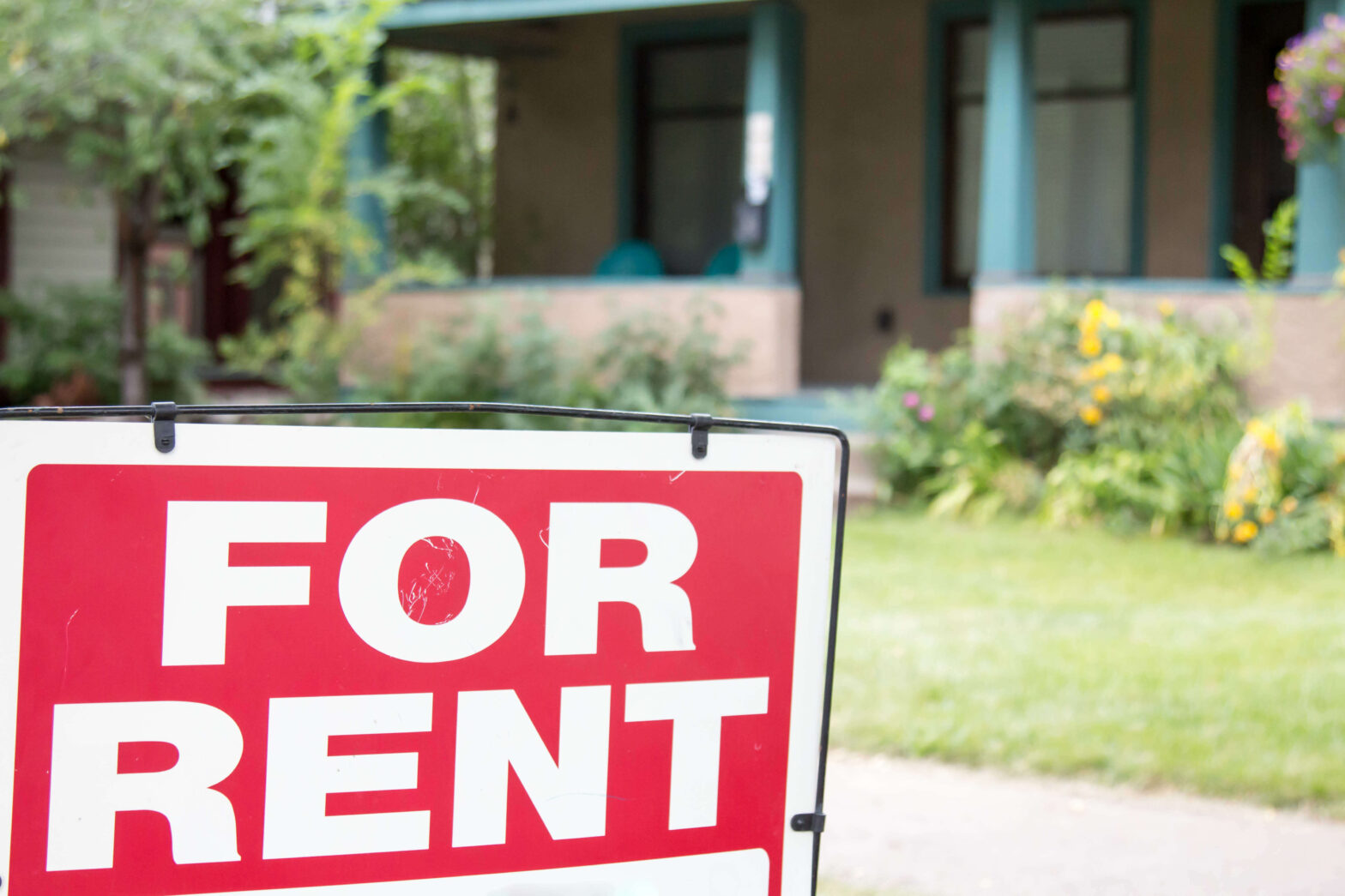How to Deal with a Tenant Harassing a Landlord: A Comprehensive Guide
April 5, 2023
Being a landlord can be a challenging job, and dealing with a harassing tenant can make it even more difficult. Harassment from a tenant can take various forms, like physical or verbal abuse, threats, intimidation, or constant disturbance. It’s important to deal with such behavior quickly and effectively to ensure the safety and well-being of both yourself and other tenants.
In this guide, we will provide some helpful tips and guidance on how a landlord can deal with a tenant harassing them.
Tips for a Landlord Dealing with Tenant Harassment
- Document the harassment: The first step in dealing with a harassing tenant is to document their behavior. Keep a record of all the incidents, including dates, times, and what happened. This documentation will help you prove your case if legal action’s required.
- Speak to the tenant: If you feel comfortable, speak to the tenant and let them know that their behavior’s unacceptable. Sometimes, tenants may not realize that their actions are causing issues. Try to have a calm and respectful conversation, and make it clear that the behavior needs to stop immediately.
- Send a written notice: If speaking to the tenant doesn’t resolve the issue, send a written notice to the tenant outlining the specific behavior that needs to stop. Give them a reasonable time frame to correct their behavior, and let them know that if the behavior continues, you’ll take legal action.
- Involve law enforcement: If the tenant’s behavior is threatening or violent, involve law enforcement immediately. This is especially important if you feel unsafe or in danger. If the tenant is arrested, make sure to get a restraining order to protect yourself from future harassment.
- Hire an attorney: If the situation continues to escalate, consider hiring an attorney. A lawyer can help you navigate the legal system and protect your rights as a landlord. They can also help you evict the tenant if necessary.
- Evict the tenant: If the tenant’s behavior doesn’t improve or becomes worse, eviction may be necessary. Make sure to follow your state’s laws regarding eviction and provide proper notice to the tenant.
- Protect yourself: It’s essential to protect yourself from retaliation or further harassment. Change the locks on the rental property and let the tenant know that they’re no longer welcome on the property. If you receive any threatening or harassing communication from the tenant, keep a record of it and report it to law enforcement.
Bottom Line
In conclusion, dealing with a harassing tenant isn’t easy, but it’s essential to act quickly and effectively to protect yourself and other tenants. Document the harassment, speak to the tenant, send a written notice, involve law enforcement if necessary, hire an attorney if needed, and evict the tenant if their behavior doesn’t improve. Remember to prioritize your safety and well-being throughout the process.
Additional Resources for Landlords
